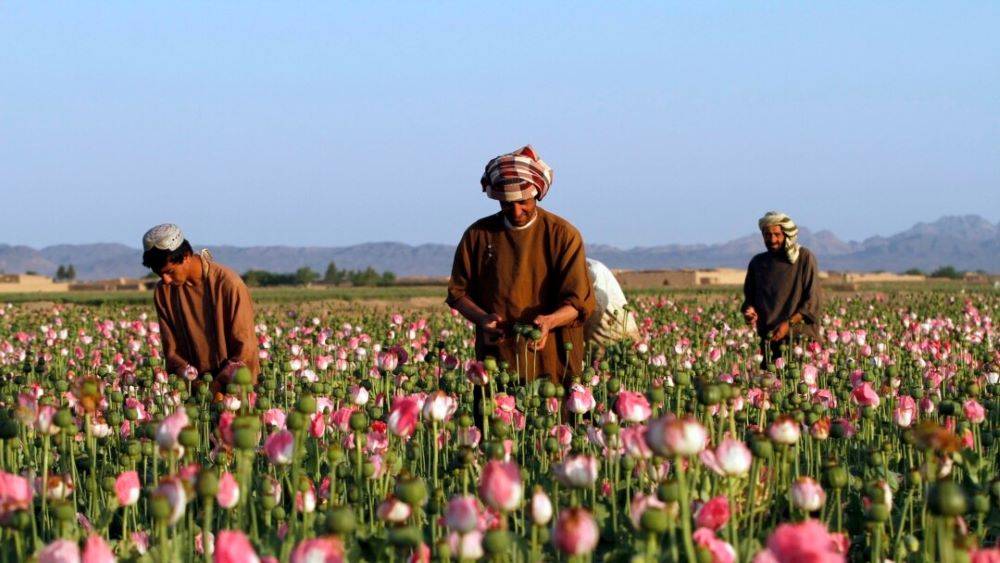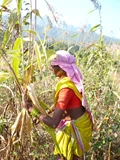
According to a recent report from the Food and Agriculture Organization (FAO), Afghanistan has been severely affected by widespread drought and an unusually harsh winter, leaving its farmers grappling with dire circumstances.
The FAO highlighted that 80 percent of Afghan families depend on agriculture for their livelihood, making them particularly vulnerable to the adverse effects of these natural disasters. As a result, the need for humanitarian livelihood support has become critical for millions of people in the country.
In their report published in 2022, the FAO emphasized the importance of protecting rural livelihoods. They found that every USD USD 1 spent on safeguarding these livelihoods could save up to USD USD 7 in additional humanitarian assistance. Additionally, this investment generated further income for Afghan families and also ensured a stable supply of food in local markets. To address the current crisis, the FAO has estimated a requirement of USD 252.4 million to provide assistance to eight million people in Afghanistan throughout 2023.
One of the major challenges faced in delivering aid is the issue of recognition. Since the Taliban-led government is not internationally recognized, the flow of assistance has been impeded. Economist Abdul Baseer Taraki pointed out that this lack of recognition has hampered the country's banking system and led to a downturn in business, resulting in receiving less than 30 to 40 percent of the needed assistance.
The situation has been further exacerbated by imposed sanctions on Afghanistan and the suspension of international assistance for infrastructural projects, according to Abdul Latif Nazari, the Deputy Minister of Economy. These factors have played a significant role in exacerbating poverty in the region.
The United Nations Office for the Coordination of Humanitarian Affairs (OCHA) released a report in June, indicating that the number of people requiring humanitarian assistance in Afghanistan has risen to 28.8 million, up from 28.3 million at the beginning of 2023.
















